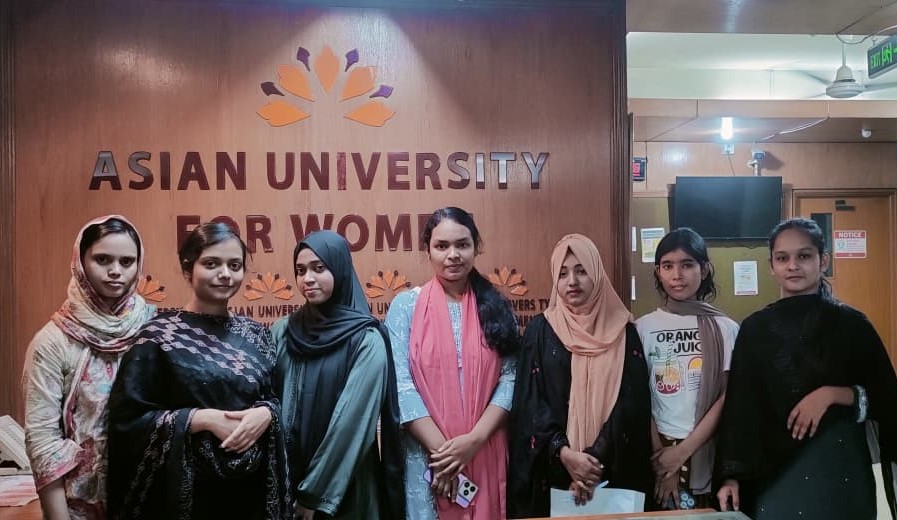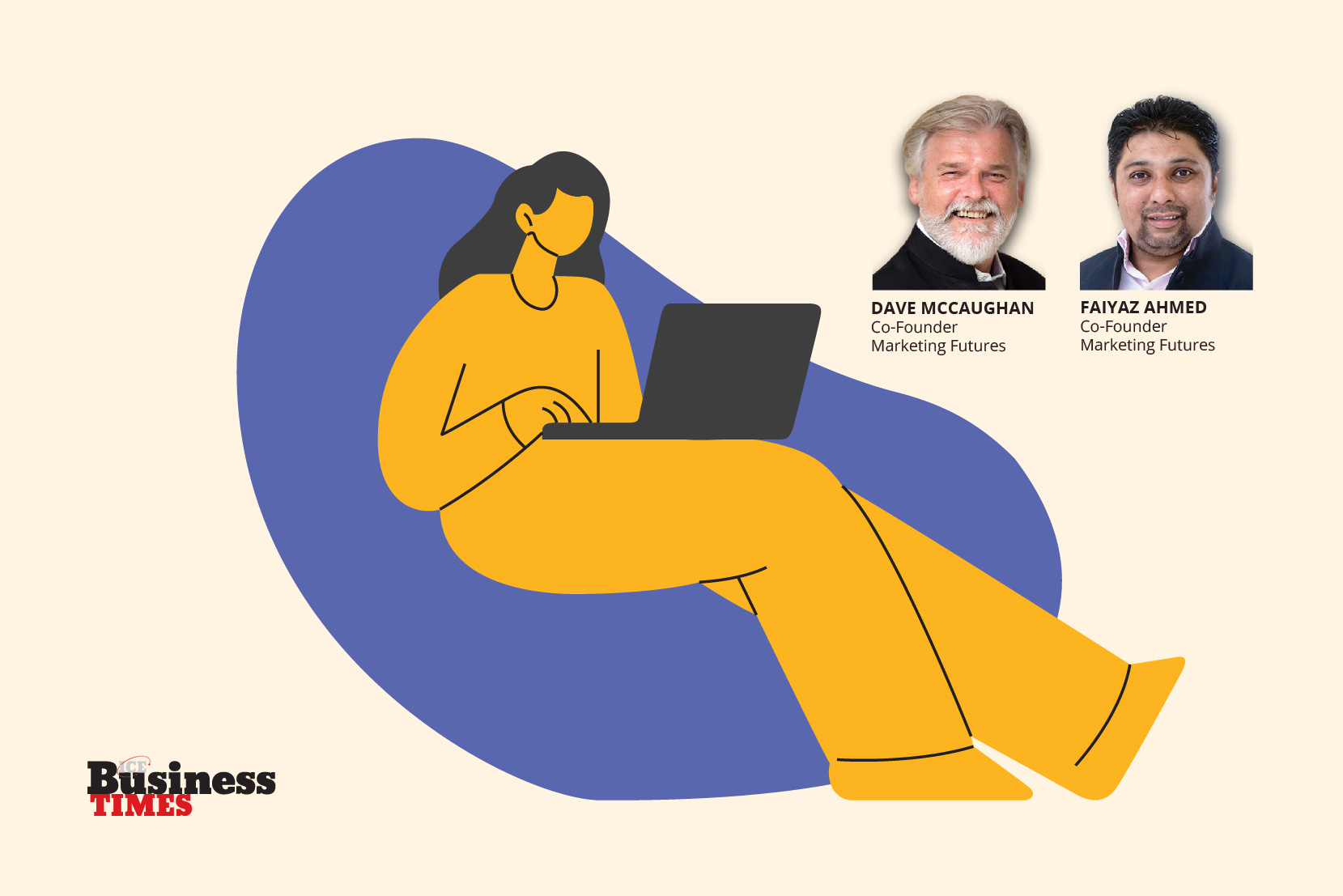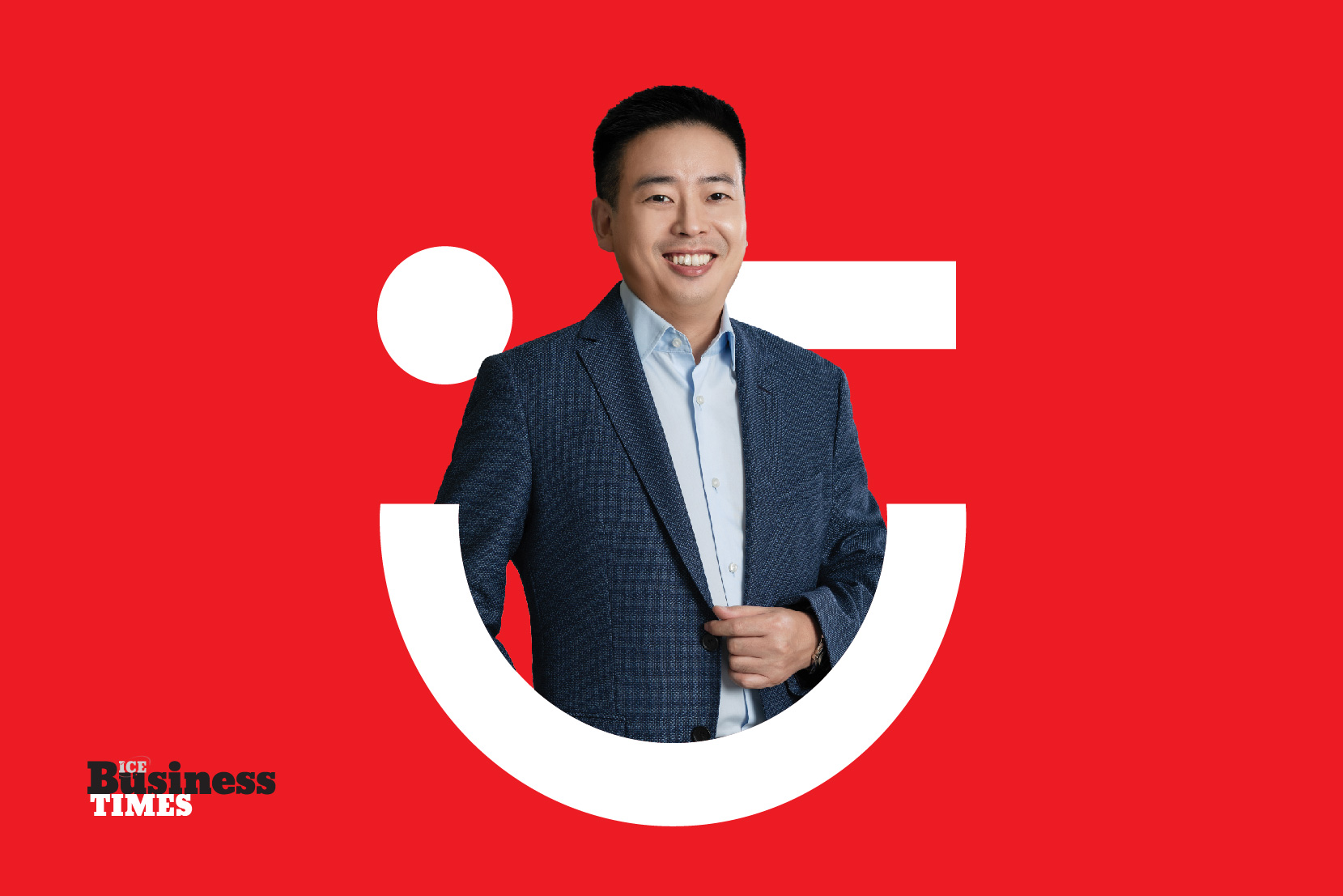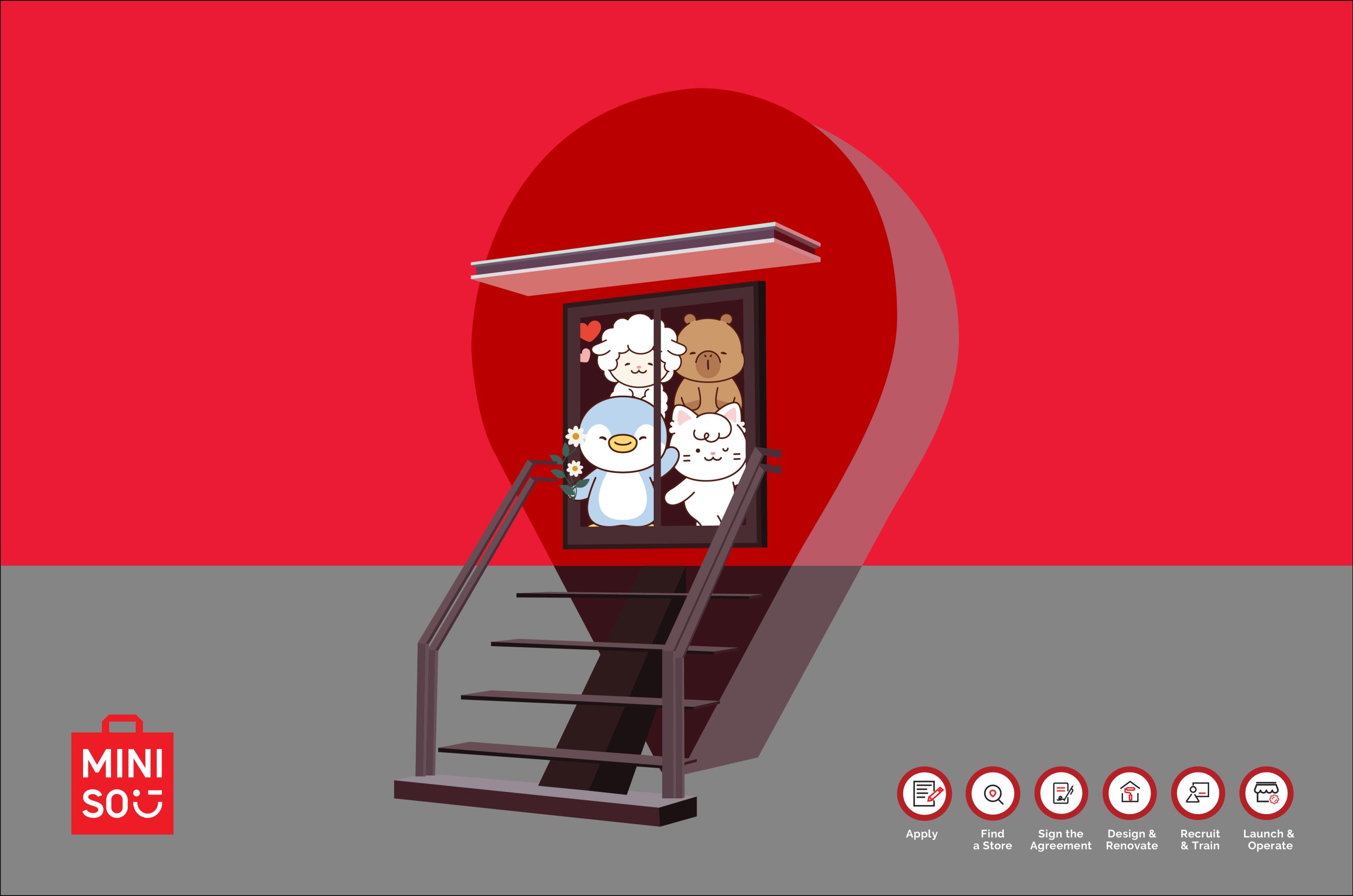We have unfortunately failed to acknowledge that healthcare is a system, not a piecemeal arrangement only with a group of physicians
We have some advantages in healthcare services, particularly after a revolution in the pharmaceutical sector. Today, medicine availability is not a problem in Bangladesh. We have also attained significant progress in health awareness indicators.
However, problems remain in other areas of healthcare services. We see costs of availing the services are ballooning and absence of quality healthcare services in the country.
Shortage of quality workforce is a major concern in this regard. The medical colleges that have mushroomed without proper regulation are producing degree-holder people who are hardly adding any quality to the pool of medical professionals, rather than adding a burden in the name of healthcare experts. We clearly have regulatory failure.
The workforce in the healthcare services is also quite unbalanced. Unfortunately, we only mean doctors to be healthcare service provider. This lack of policy understanding has resulted in disproportionate ratio between doctors and nurses and other workforce. We have not yet focused on this area to meet domestic demand, let alone opportunities available abroad.
The opportunities in Bangladesh’s healthcare sector come in the form of challenges: If we can overcome the challenges, they would turn into opportunities and if we fail to capture them or ignore them, they will remain as problems in the sector. I think, what first and foremost we have to do is to bring back quality of the medical education and ensure quality health professionals.
We have a huge public sector healthcare infrastructure down to Union level. But here are major quality gaps in their services though there are also some centres of excellence. With the burgeoning population, public sector alone cannot address all of the healthcare demand. We can solve problems in healthcare sector through PPP-type projects with certain amount of innovation. The private sector can come up with some social commitment and join the hands of the government to improve the entire healthcare service delivery system. We can use the model of Bangladesh Medical College Hospital and Ma O Shishu (mother and child) Hospital in Chittagong. They are not fully privately owned, neither are they dependent entirely on the government support. A different example could be Ganasasthya initiated and run by DrZafarullah Chowdhury. This kind of community-based healthcare centres set up with missionary zeal deliver the most needed services to the people of all strata.
We have scope for reducing the costs of medical technology as this is imposing huge diagnostic costs on poor and middle class patients. Medical technology is being misused as well. Bangladesh has attained success in adopting farm technology making them available at affordable costs to farmers. Can we not think of a similar thing in medical technology?
We should also try to replicate the success of pharmaceutical industry in medical technology and I see no reason why it would not happen. Through this process, we can substitute imports and reduce the number of patients going abroad for proper diagnosis and treatment.
Another very important aspect of the healthcare services is health insurance. Healthcare cost is a big burden not only to the poor but also the middle class people. About 65% of the health expenditure comes from out of pocket and the poor become poorer once they face disease or health-related accident. So, health insurance can save people from family disaster.
We at Power and Participation Research Centre (PPRC) with support from Rockefeller Foundation are undertaking a pilot on health insurance for RMG workers in Gazipur. Such insurance schemes if successful will be necessary for all Bangladeshis irrespective of their social status.
We need to give skills to socially-minded people, some of whom are already engaged in healthcare service delivery, to build their human resources dedicated to healthcare services. We can also build such human resources targeting overseas market, such as Japan where elderly people need healthcare services. A huge number of pharmacy owners across the country could be provided with training and skills to provide the first aid and referral services.
Healthy lifestyle is something which also needs to be promoted. In our unplanned urbanisation a major casualty is the healthy lifestyle. It is also an opportunity. We need to introduce something in education curriculum and can also run commercial activities to support the people in maintaining healthy lifestyle. In countries such as Korea and Japan, elderly people are seen exercising in public parks and there are people who support it.
We have unfortunately failed to acknowledge that healthcare is a system, not a piecemeal arrangement only with a group of physicians. In fact, overall public health has been a neglected issue. A hospital requires management with a variety of skilled people alongside good quality and dedicated doctors. A diagnostic centre needs technicians, IT professionals, record keepers and so on and we can train young people with such skills. Quality workforce can be useful at domestic market and also fit in the overseas job market.
The entire healthcare management can be a discipline which Singapore has shown the world in terms of attaining excellence.
* Dr. Hossain Zillur Rahman is the Executive Chairman of Power and Participation Research Centre (PPRC).














